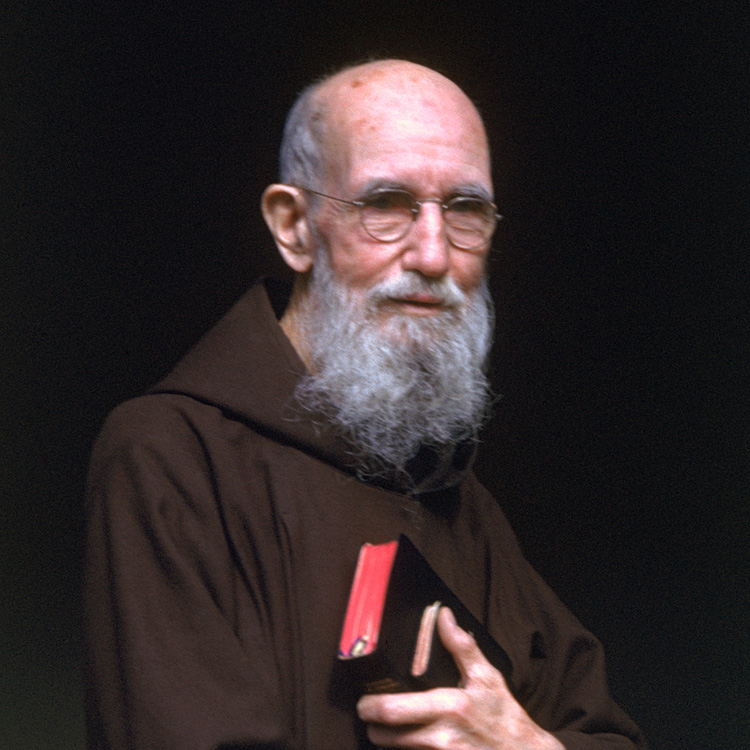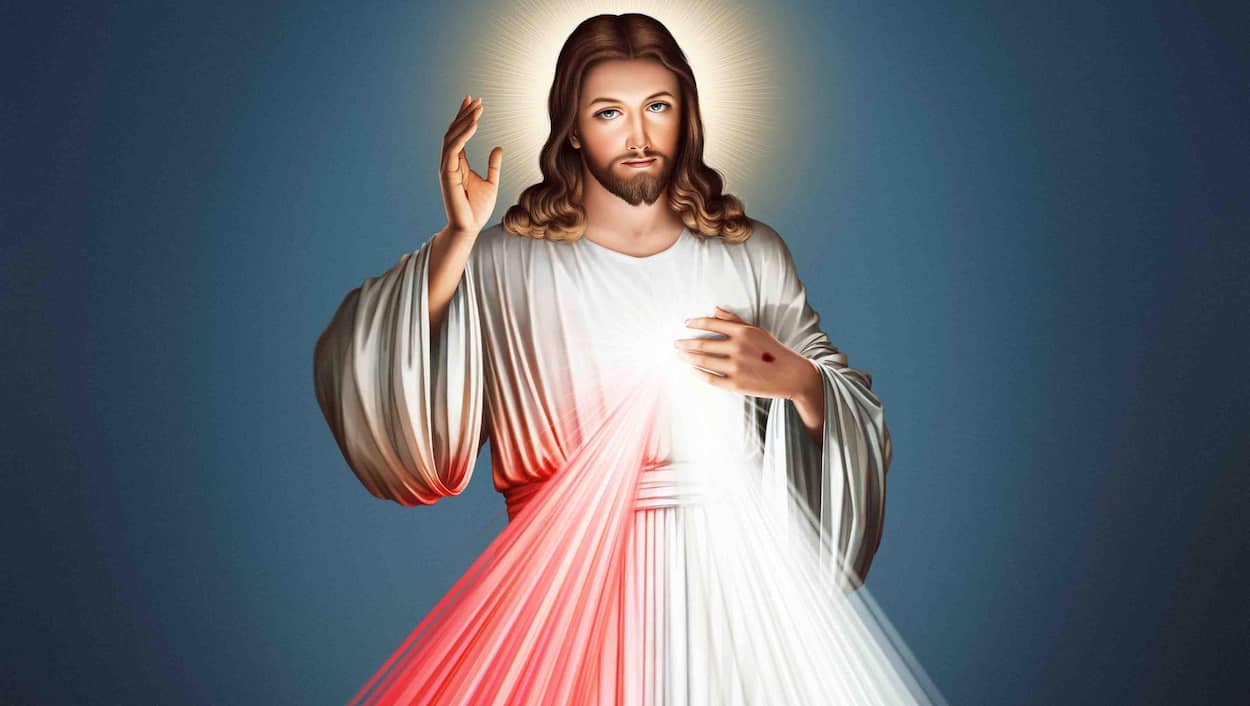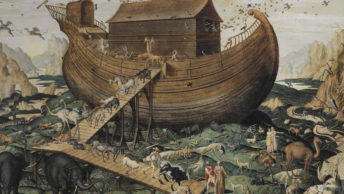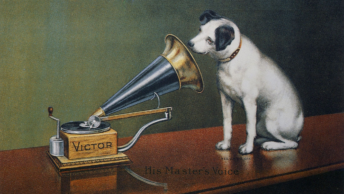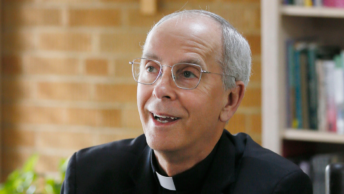Born on November 25, 1870 in Oak Grove, Wisconsin, Father Solanus Casey was the sixth of sixteen children of Irish immigrant parents. He contracted diphtheria in his youth which left his voice permanently damaged. His voice was always wispy. He worked as a farmer as well as having a series of jobs as a lumberjack, hospital orderly, a prison guard and a street car operator. He attended St. Francis High School Seminary in Milwaukee, Wisconsin at the age of 21, initially hoping to become a diocesan priest. Five years later, though, he joined the Order of Friars Minor Capuchin, a Roman Catholic religious order for men. He took the name “Solanus” after St. Francis Solanus, a 17th century Spanish nobleman, missionary and preacher.
Casey struggled through the seminary largely because most of the classes were conducted in the German language, which he had not previously studied. On July 24, 1904, at the age of 33, Solanus Casey was ordained to the Roman Catholic priesthood by Archbishop Sebastian Messmer at the St. Francis of Assisi Church in Milwaukee. Because he was judged to have performed insufficiently well in his seminary studies, Casey was ordained a “sacerdos simplex,” a priesthood rank that prevented him from hearing confessions or preaching doctrinal sermons.
After his ordination, Casey served for 20 years in a succession of assignments in Capuchin friaries in New York, Harlem, and Yonkers. He was recognized as an inspiring speaker. In 1924, he was transferred to St. Bonaventure Monastery in Detroit, where he worked for a further 21 years. During this time, Casey served primarily as a “porter” or receptionist and doorkeeper. In 1946 in failing health, he was transferred to the Capuchin novitiate in Huntington, Indiana, where he lived until 1956 when he was hospitalized in Detroit. In 1957, at the age of 86, Father Solanus died at exactly the hour he had served his first Mass, on the same day in July, fifty-three years earlier. On July 8, 1987, Father Solanus Casey’s incorrupt body was exhumed and subsequently reinterred inside the Father Solanus Casey Center at the St. Bonaventure Monastery.
Father Solanus made himself available every waking moment of the day. Politicians, prelates, street people, the poor, the afflicted, the oppressed, the spiritually destroyed, Communists, the vice ridden, the whole tide of suffering humanity flowed into Casey’s little office. From Montreal’s Brother Andre to Detroit’s Mayor Frank Murphy waited their turns, sitting on metal chairs outside his office. All received the same openhearted welcome. He challenged them to an expression of faith and he sent them all away renewed and refreshed.
The Capuchins built the stately St. Bonaventure Monastery on Mt. Elliott in 1883, purposely locating in a neighborhood where street people were known to congregate. In 1924, Solanus Casey, a simple man and a simple priest arrived at the monastery and forever expanded its focus. The Soup Kitchen got its official start during the Great Depression of 1929, a period of devastating national poverty that caused the poor of Detroit’s community to knock on the monastery back door asking for bread. “They are hungry; get them some soup and sandwiches,” Father Solanus was known to say to the friars. In time, the lines grew to 2,000 people per day waiting for their single meal of the day.
Father Solanus Casey’s cause for sainthood was opened in 1982. In 1995, Pope John Paul II declared Father Casey to be venerable, the second step in the path to sainthood. Many miraculous cures have been associated with Father Solanus’s intercession, both when he was alive and after his death. Pilgrims from around the world continue to make pilgrimages to the tomb of Father Solanus Casey.
Nothing came easy for Bernard Francis Casey. His search for sainthood will not be easy but, in the end, this holy man and saint will prevail. Many great things have come from the City of Detroit and, during these tough economic times, we need to look back and count our blessings for having a Father Solanus Casey in our city.

